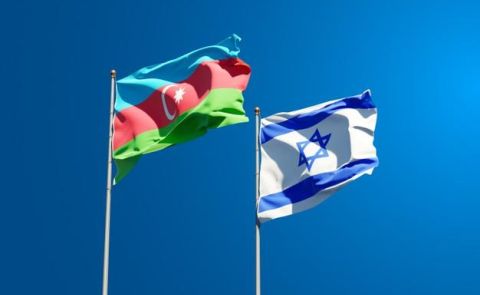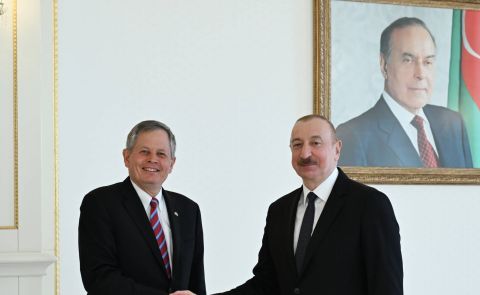
Georgia Faces Political Divide Over OSCE Election Report Recommendations
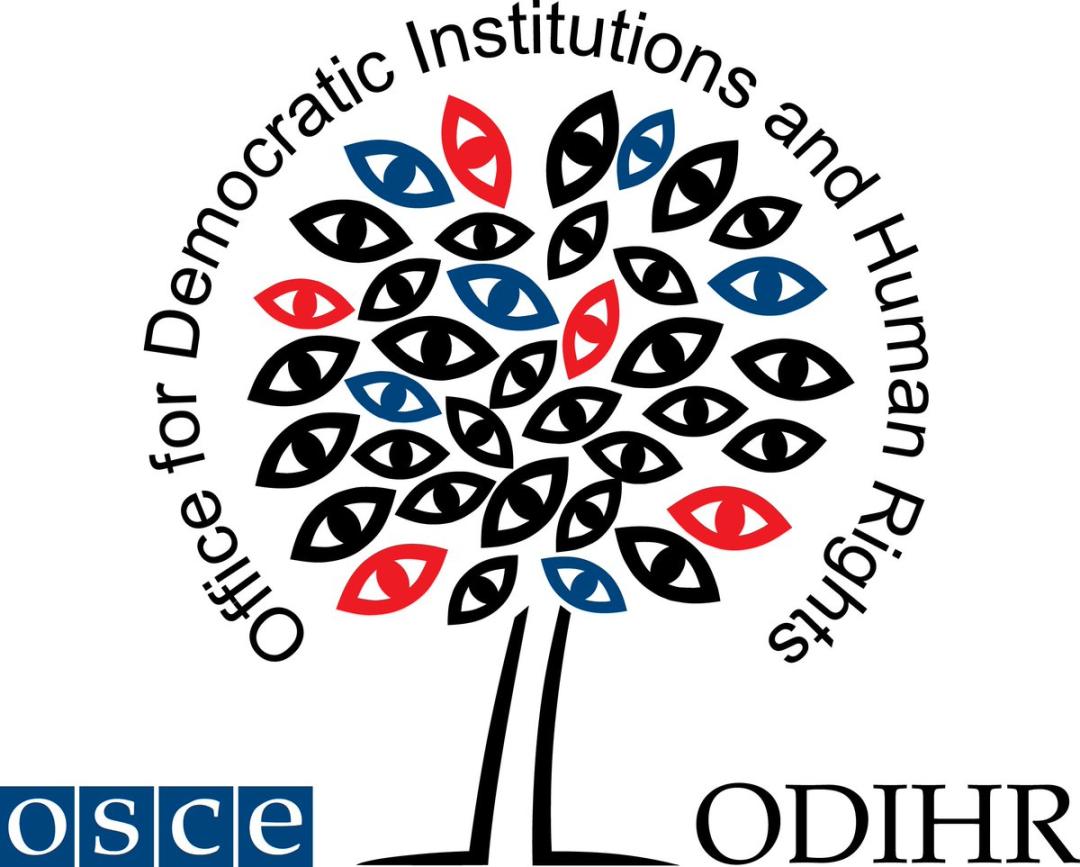
The release of the OSCE/ODIHR final report on Georgia's parliamentary elections has sparked intense domestic and international debate. While opposition parties, civil society organizations, and international partners view the report as a clear call for new, free, and fair elections, the ruling Georgian Dream party has framed it as validating its legitimacy.
The Georgian Dream (GD) government quickly embraced the report. Prime Minister Irakli Kobakhidze expressed gratitude to the OSCE/ODIHR for its "impartial assessment" of the elections. Kobakhidze claimed the findings confirmed the elections were "free and competitive" despite acknowledging some shortcomings and the issue of polarization within the political landscape and media.
Echoing this sentiment, Shalva Papuashvili, Speaker of Parliament, characterized the report as a definitive end to disputes over the elections' integrity. He argued that the Georgian people's will, expressed through their votes, must be respected. Parliamentary majority leader Mamuka Mdinaradze also supported this stance, asserting that the report did not validate the opposition's concerns.
In contrast, President Salome Zourabichvili and opposition parties offered a starkly different interpretation. Zourabichvili criticized the ruling party for misrepresenting the report’s findings and accused it of perpetuating a culture of misinformation. She emphasized that the OSCE/ODIHR findings exposed significant flaws in the electoral process, calling for new elections as a democratic solution to the crisis.
Opposition coalitions and parties, including Strong Georgia, Coalition for Change, Unity-UNM, and Gakharia for Georgia, highlighted the report's severe criticism. They noted that issues such as voter intimidation, media bias, and breaches of voting secrecy rendered the elections inconsistent with democratic standards. They argued that the findings pointed to a "legitimacy deficit," further justifying demands for fresh elections.
Local monitoring organizations, such as ISFED and GYLA, supported the opposition’s perspective, describing the report as “extremely critical” and underscoring its implications for Georgia’s democratic future.
The report’s release has also drawn strong reactions from international figures and organizations. Pia Kauma, President of the OSCE Parliamentary Assembly, called for full implementation of the report’s recommendations, while European Commissioner for Enlargement Marta Kos highlighted the urgent need for electoral reforms to restore trust in Georgia’s democratic institutions.
U.S. Helsinki Commission Chairman Joe Wilson went further, questioning the legitimacy of the Georgian Dream government and voicing support for President Zourabichvili. Similarly, leaders from Poland, Estonia, and other European nations stressed that adherence to OSCE recommendations is crucial for Georgia’s European integration aspirations.
Notably, Swedish and Norwegian foreign ministers emphasized that the elections did not meet the democratic standards expected of an EU candidate country. Finnish Foreign Minister Elina Valtonen and German Bundestag member Michael Roth reiterated the necessity of addressing the report’s findings and holding new elections to restore public confidence.
The OSCE/ODIHR report has become a focal point of contention, with opposing sides interpreting its findings to support their narratives. While the Georgian Dream party insists the elections were legitimate, domestic and international critics see the report as an indictment of Georgia’s democratic processes, underscoring the urgent need for reforms and potentially new elections. As the debate continues, the report serves as both a mirror reflecting the state of Georgian democracy and a roadmap for its potential restoration.
See Also

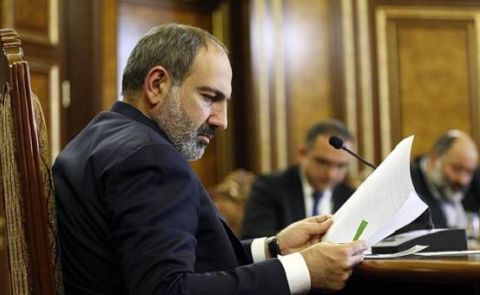
Pashinyan Commemorates First Republic Day, Highlights Progress in Sovereignty and Peace Efforts

Israeli Ambassador to Armenia Acknowledges Challenges but Optimistic About Future Armenian-Israeli Cooperation
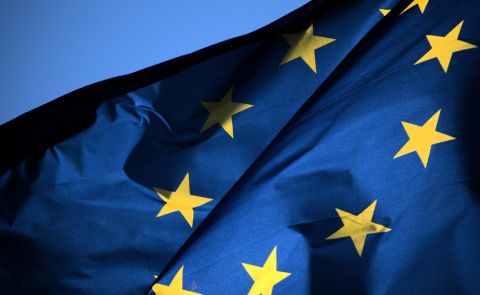
EU Plans Closer Cooperation with Azerbaijan, Georgia, Türkiye, and Other Black Sea States
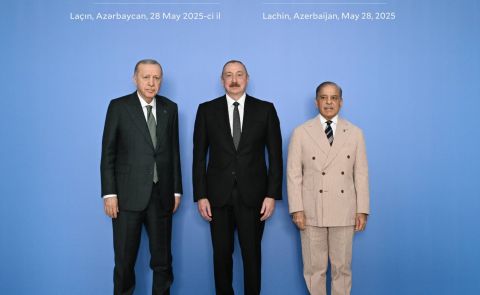
Azerbaijan, Türkiye, and Pakistan Highlight Growing Strategic Cooperation at Lachin Summit
